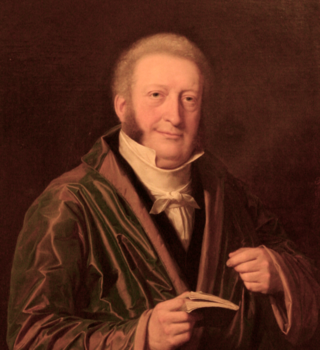
The Napoleonic era is a period in the history of France and Europe. It is generally classified as including the fourth and final stage of the French Revolution, the first being the National Assembly, the second being the Legislative Assembly, and the third being the Directory. The Napoleonic era begins roughly with Napoleon Bonaparte's coup d'état, overthrowing the Directory, establishing the French Consulate, and ends during the Hundred Days and his defeat at the Battle of Waterloo. The Congress of Vienna soon set out to restore Europe to pre-French Revolution days. Napoleon brought political stability to a land torn by revolution and war. He made peace with the Roman Catholic Church and reversed the most radical religious policies of the Convention. In 1804 Napoleon promulgated the Civil Code, a revised body of civil law, which also helped stabilize French society. The Civil Code affirmed the political and legal equality of all adult men and established a merit-based society in which individuals advanced in education and employment because of talent rather than birth or social standing. The Civil Code confirmed many of the moderate revolutionary policies of the National Assembly but retracted measures passed by the more radical Convention. The code restored patriarchal authority in the family, for example, by making women and children subservient to male heads of households.

A sister republic was a republic established by the French First Republic or by local revolutionaries during the French Revolutionary Wars. These republics, though nominally independent, relied heavily on France for protection, making them more akin to autonomous territories rather than independent states. This became particularly evident after the declaration of the French Empire, when several states were annexed, and the remaining turned into monarchies ruled by members of the Bonaparte family.
Eline Heger, née Schmidt, was a Danish stage actress.

Arkhangelsk Governorate was an administrative-territorial unit (guberniya) of the Russian Empire and the Russian SFSR, which existed from 1796 until 1929. Its seat was in Arkhangelsk. The governorate was located in the north of the Russian Empire and bordered Tobolsk Governorate in the east, Vologda Governorate in the south, Olonets Governorate in the southwest, Sweden in the west, and Norway in north-west. In the north, the governorate was limited by the White and Barents Seas.
Mather & Co. were three brothers that began in commerce and contracting for the British Royal Navy. They became owners of whalers and between them at one or another time were owners or part-owners of up to 29 vessels that engaged in the British Southern Whale Fishery between 1775 and 1815.

Stephan Heger was a Danish actor and writer. He was married to the actress Eline Heger.

Peter Jørgen Frydendahl (1766-1830), was a Danish stage actor. He belonged to the elite actors of the Royal Danish Theatre from 1786. He was described as a versatile actor, was active also as a singer, and particularly noted for his comic roles, for which he was called the most noted of his time. He was also principal of the acting school from 1816.
Thames was launched at Southampton in 1790. Until 1798 she sailed across the Atlantic, trading primarily with The Bahamas. She then became a slave ship in the triangular trade in enslaved people. She made seven voyages transporting enslaved people. After the abolition of the British slave trade in 1807, Thames returned to trading with the West Indies. A French privateer captured Thames on 17 July 1811 and burnt her.
Beaver was launched in 1796 at Liverpool. She made seven complete voyages as a slave ship in the triangular trade in enslaved persons. She was captured and retaken once, in 1804, and captured a second time in 1807, during her eighth voyage.